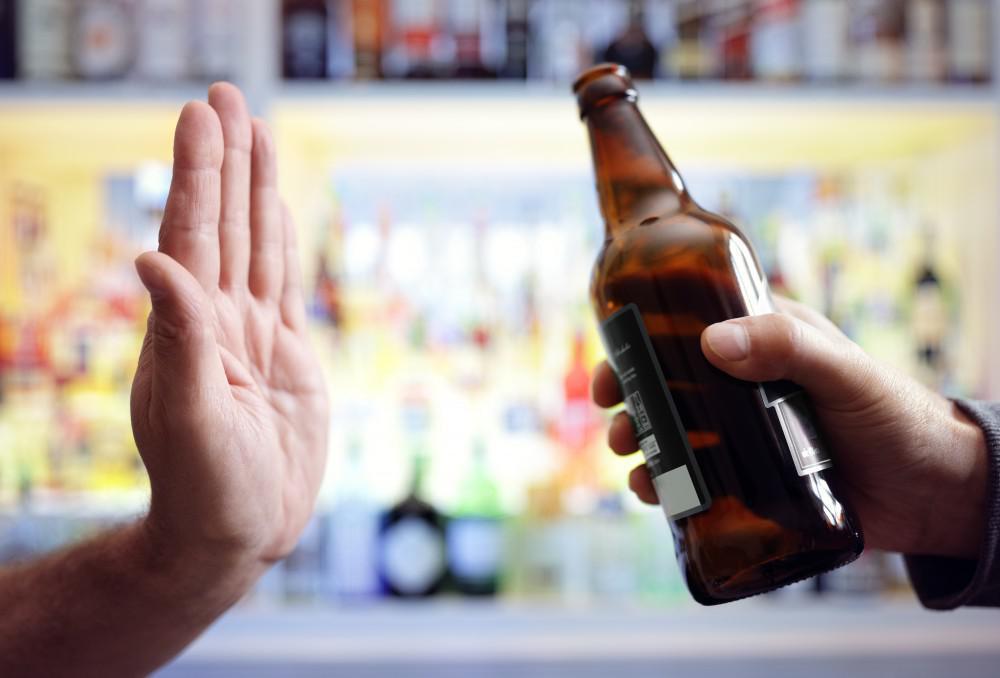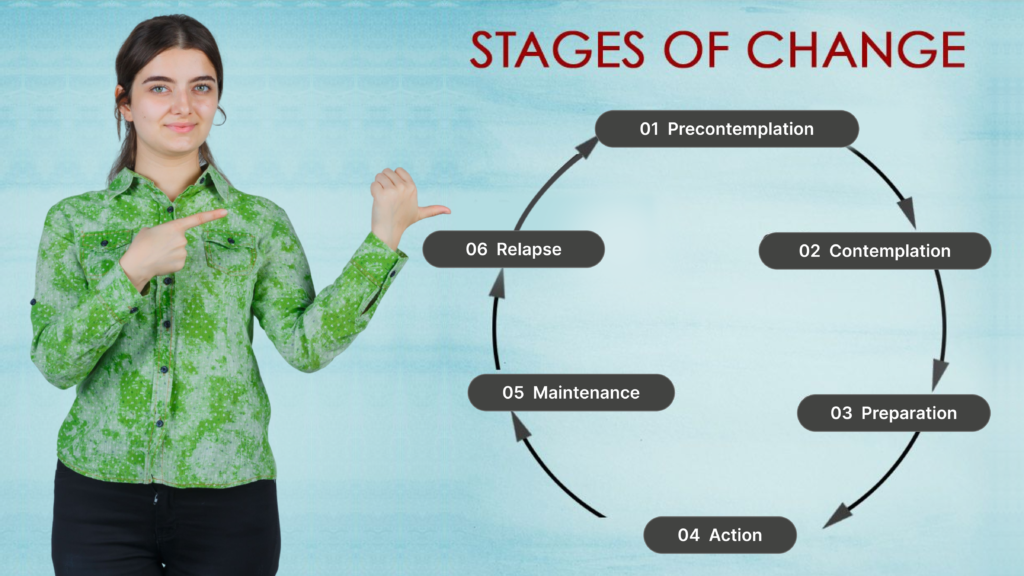
5 Tips for Staying Sober
You’ve done the work to become clean and sober, and you want to do what you can to stay that way. Here are five great tips that will help you safeguard your freedom from a substance use disorder.

One of the most common questions people ask—either for themselves or a loved one—is: “Are they ready to change?” The answer isn’t always straightforward. That’s because recovery isn’t just a decision—it’s a process. And like any meaningful change, it unfolds in stages.
In this post, we’ll break down the Stages of Change model, a tool used by addiction counselors to meet people where they are—and support them as they move toward recovery.
Developed by psychologists Prochaska and DiClemente, this model helps explain how people move from addiction toward lasting recovery.
At this stage, the person isn’t considering change. They may not recognize the consequences of their substance use or may feel hopeless about change.
Here, the person starts to see that their substance use may be an issue. They’re ambivalent—torn between reasons to change and reasons to keep using.
Now, the person is getting ready to act. They may be researching programs, talking to counselors, or making a plan.
This is the stage where treatment begins—whether outpatient therapy, IOP, or another recovery plan. The person is actively working on sobriety.
The person has made changes and is working to avoid relapse. They’re learning how to live a fulfilling life without substances.
Relapse isn’t guaranteed—but it is common. It doesn’t mean failure. It’s a chance to reassess, learn, and begin again with more insight.
Understanding the stages of change can help reduce shame and increase patience—with yourself or with someone you care about.
Important: People don’t move through these stages in a straight line. Progress isn’t always forward. That’s okay. Support works best when it matches the stage a person is actually in—not where we want them to be.
Whether you’re thinking about change or already taking action, outpatient programs can support you at any stage. Recovery begins with honest reflection—and a safe place to talk.

You’ve done the work to become clean and sober, and you want to do what you can to stay that way. Here are five great tips that will help you safeguard your freedom from a substance use disorder.

The connection between a substance use disorder and a mental health issue is a strong one, as the nearly eight million Americans who have a co-morbidity prove. When this occurs, treating both issues is paramount.

Addiction is a chronic disease that requires constant vigilance and good management. When a person falls short, relapse can occur. If you’re worried that a loved one has relapsed, here are some signs to look out for.

You believe that you’re drinking isn’t normal anymore, and you’re tired of the overwhelmingly negative effects that alcohol is having on your life. The good news is that alcoholism is highly treatable.

The rise in availability of telehealth services has been great news for those who need (or would prefer) to receive quality health care from the comfort of their own homes. These services also extend to substance use disorders.

Marijuana may be legal, but like with alcohol, how you use this legal substance makes a difference. If you develop a use disorder, marijuana can be quite harmful and affect a number of areas of your life.